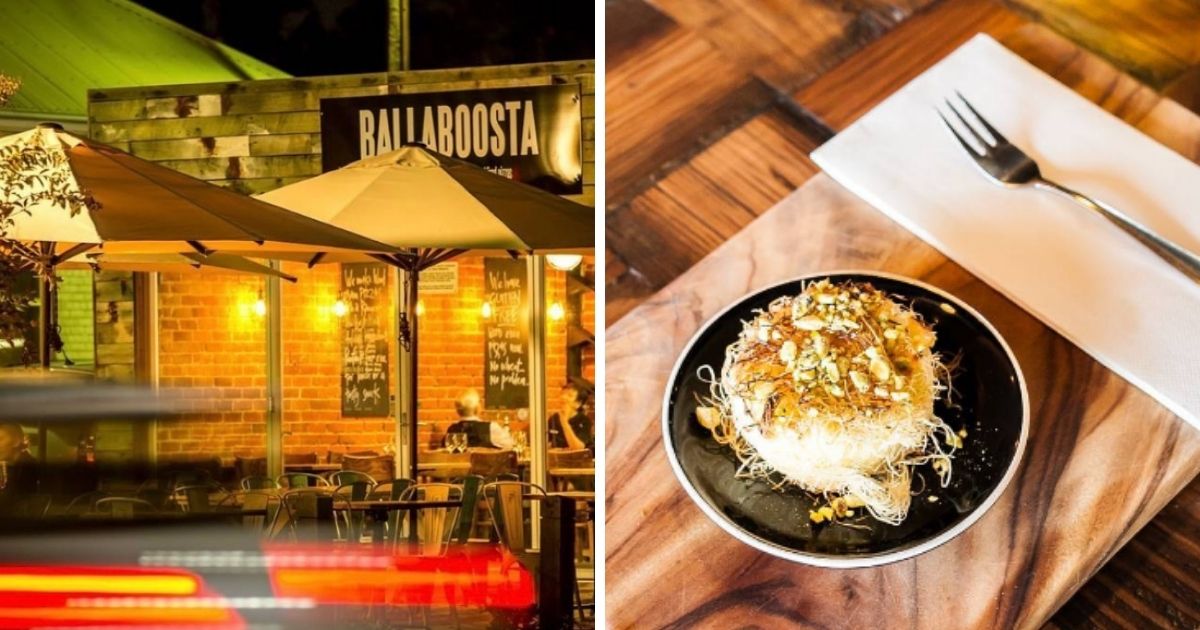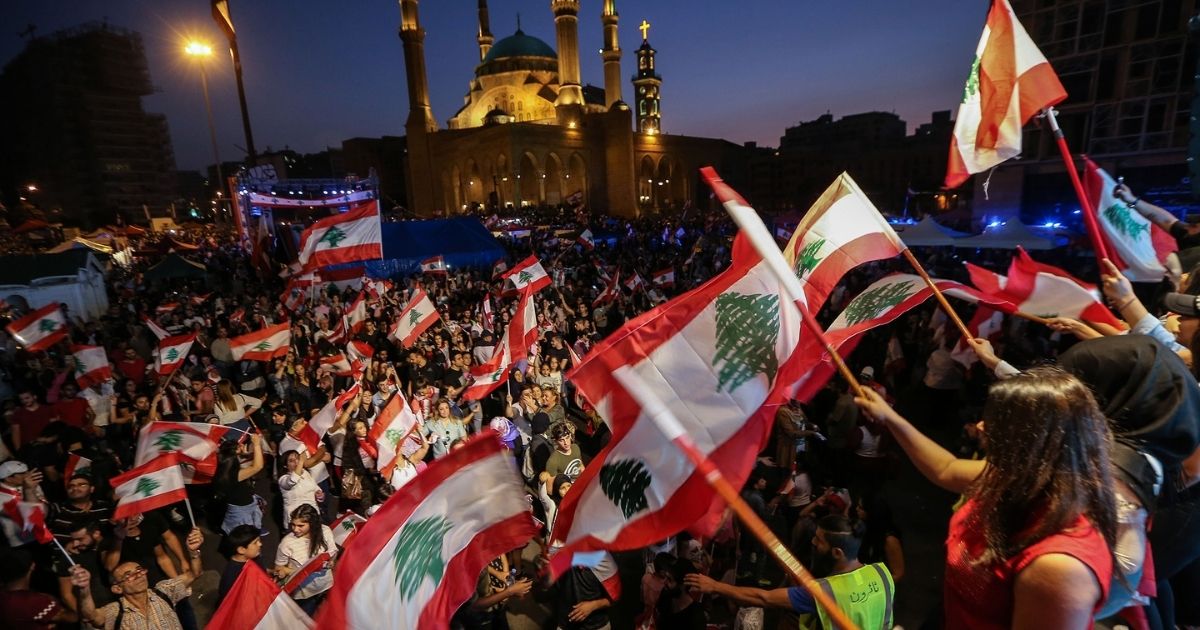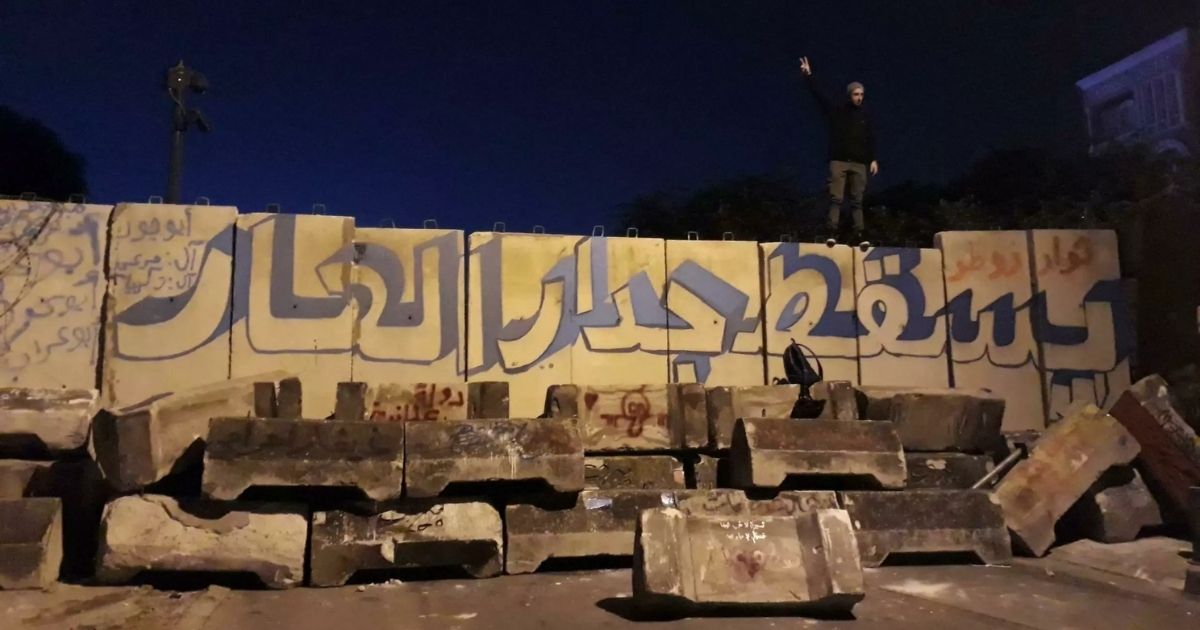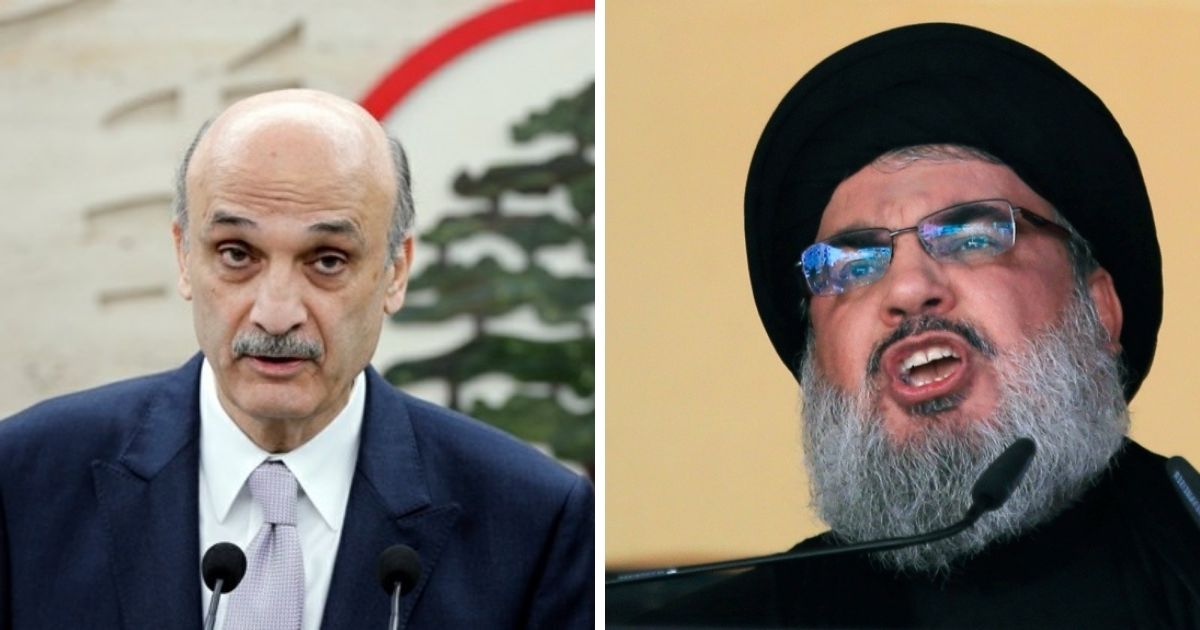Across the end of 2019 and the start of 2020, countless protests have broken out worldwide. From Hong Kong to London, activists and demonstrators have emerged fighting for a plethora of causes.
The racial justice protests in the United States and the anti-corruption protests in Lebanon are two examples.
While they may be occurring in very different parts of the world under different circumstances, there are in fact many ways they can be seen as common struggles, particularly in this context, the Lebanese and the American ones.
#1 Both are fighting for systemic and institutional change
In Lebanon:
Lebanese are protesting against corruption and politicized sectarianism, which have impeded the country’s progress and propelled it to its current detriment.
While there is no official figurehead for the protests, common requests include fixing the corrupt and divided political system, having more technocratic members within governmental institutions, and the actual enforcement of the Penal Code against widespread offences like bribery.
In America:
A parallel fight against the system is ensuing, but with a focus on racial justice. Protesters are fighting against what they consider an “inherently racist criminal justice system” that has allowed for widespread police brutality, over-incarceration, and unfair sentencing against black and colored people.
#2 Both have clashed with military and police forces
Both protests have experienced agitation with police and the military.
In Lebanon:
There were often complaints about the excess police force in cases where protesters closed roads and the police and military would reopen them. Rubber bullets, batons, and more have been used against protesters, which has resulted in injuries, including some losing an eye.
In America:
Protesters have claimed the police are escalating situations and are being unnecessarily forceful, using tear gas and other weapons against the civilians protesting.
#3 The military/police have shown solidarity with protesters
There remain military and police personnel in both countries who have shown solidarity and connection with the protesters’ fight.
In Lebanon:
Numerous military members have shown solidarity with the protesters and their fight for a better Lebanon, as they and their families are also enduring the effect of the compounding crises.
In America:
Many police officers have expressed a connection and agreement with the protesters and many have taken a knee alongside them.
#4 Both are spearheaded by marginalized communities
In Lebanon:
People are struggling to even put food on their plate as prices soar and the economy tanks, which can be directly attributed to the continuously corrupt actions of the government over decades.
While the protests are for all Lebanese who want to see their country reach its true potential, they are foremost for the poor and marginalized communities who have struggled greatly while the corrupt political class lives lavishly off of their backs.
In America:
Black people and other people of color leading the protests have been marginalized since the abolition of slavery due to discriminatory laws like predatory loaning and redlining.
This has led to many black and ethnic communities being stricken by poverty and crime, on top of institutional discrimination.
#5 Both have been portrayed poorly by the media
In Lebanon
International mainstream media news overwhelmingly framed the Lebanese protests as an opposition to the proposed Whatsapp tax.
They actually fought against the Lebanese Revolution and the people of the revolution, showing a violent revolution and demeaning the people; all while it was really a peaceful one, as we all know, and a cheerful one:
This was grossly misleading. Lebanese have suffered decades of corruption and still are not provided basic essentials, like electricity, clean water, public education, health care, and much more.
The Whatsapp tax, for instance, was simply the needle that tipped the haystack.
Corruption and bribery all but run the country, and a small percentage of wealthy and privileged live comfortably while others are stuck in inescapable, severe living conditions.
The media, however, did not properly portray this reality and demeaned the movement.
In America:
The international mainstream media has also painted the American protests in a misleading light.
Many have been led to believe the nationwide protests are a response to the death of George Floyd and that the protesters hate all cops.
While the tragic death of Mr. Floyd was the trigger for the protests, they are a response to the national systemic racism and rampant police brutality that has long plagued America.
Furthermore, American protesters are fighting against the criminal justice system as a whole, which they deem racist and unjust, more than the individuals who uphold it.
#6 Framed as riots when the majority are peaceful
In Lebanon
Mass media and politicians were quick to frame Lebanese protests as violent or riots and even calling them thugs. Photos of burning tires and flags flooded the media, and many corrupt politicians sent instigators to spoil the message and image of the protests.
However, the true story, as seen by those actually protesting and social media, is that Lebanese of all classes and religions are finally uniting to largely and peacefully demand change.
In America:
Many protesters have posted videos of what seems to be both outside instigators and police inexplicably escalating violence.
Many businesses and institutions have been looted, including Lebanese-owned ones, but Black Lives Matter (BLM) and other protesters insist this is a very small percentage of the largely peaceful protests and often the work of instigators.
#7 Both refuse to be trends that will go away
In America:
Black Lives Matter has reiterated they are not a trend, and they want these protests to lead to real change.
It seems the protests are working. In recent weeks, many requests have been met, such as the passing of Breonna’s Law in Kentucky, the introduction of the federal antiracism legislature, and the arrests of the cops involved in George Floyd’s death.
However they recognize there is still lots of work to be done, and they are still protesting and fighting for change.
In Lebanon:
Change is slow-coming due to officials in power resisting people’s demands to implement urgent reforms. However, Lebanese are still fighting.
Protests in Lebanon have reemerged following the quarantine, and are sure to continue. Most Lebanese people have finally found a collective voice with a common patriotic aim in these incredibly trying times.

















